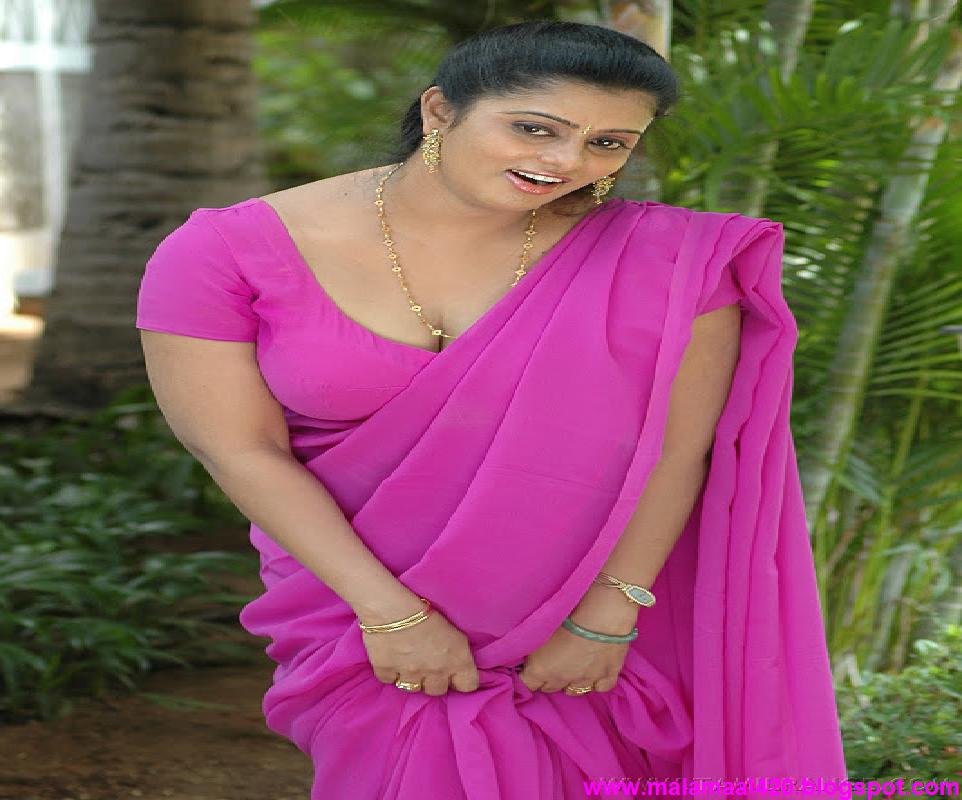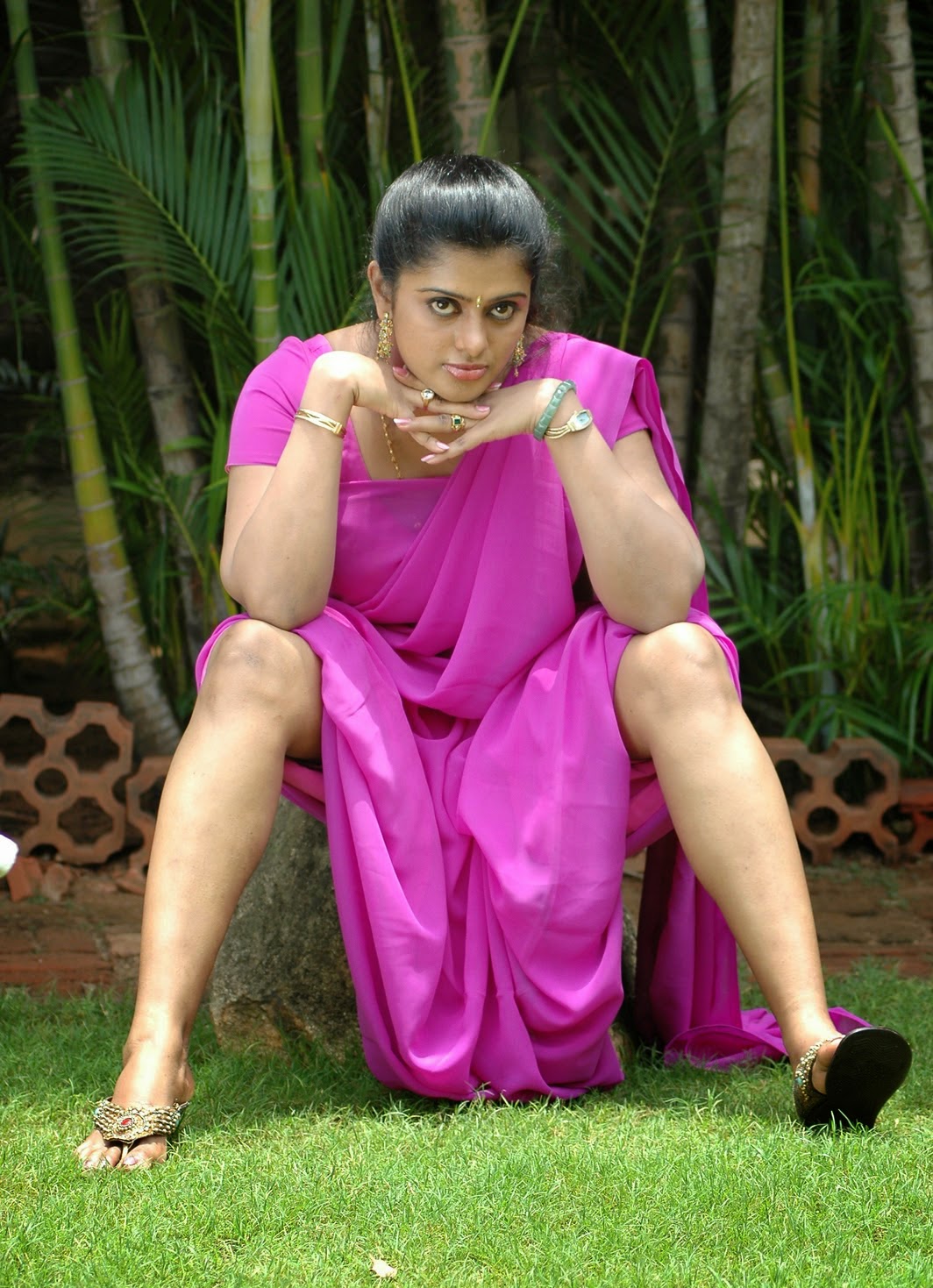Mallu aunty is a term that resonates deeply within the cultural tapestry of Kerala, India. For many, she embodies the warmth and hospitality that the state is renowned for. With her vibrant personality, traditional attire, and a knack for storytelling, the mallu aunty is not just a figure in the community but a beloved icon who plays an integral role in family gatherings, festivals, and everyday life. Her presence brings an air of nostalgia, reminding us of simpler times filled with laughter, delicious food, and cherished memories.
The concept of the mallu aunty extends beyond just a stereotype; she represents the essence of Kerala's matriarchal society, where women are often the backbone of the family. Known for her culinary skills, she has an uncanny ability to whip up traditional delicacies that leave everyone craving for more. Whether it's a festive occasion or a casual get-together, her dishes are always a highlight, showcasing the rich flavors and spices of Kerala cuisine. Moreover, the mallu aunty is a storyteller, passing down folklore and wisdom, ensuring that the traditions and values of her culture are preserved for future generations.
In a world that is rapidly changing, the mallu aunty remains a symbol of resilience and strength. She adapts to modernity while holding onto her roots, bridging the gap between tradition and contemporary life. This article will delve deeper into the life and characteristics of the mallu aunty, exploring her significance in Kerala's culture, her culinary prowess, and the various roles she plays in her community. Join us as we celebrate this vibrant persona that is cherished by many.
What is the Biography of a Mallu Aunty?
Mallu aunties are often seen as the cultural custodians of Kerala, but what does their life look like? Here’s a closer look at the typical biography of a mallu aunty:
| Detail | Description |
|---|---|
| Name | Varies (commonly aunties in the neighborhoods) |
| Age | Typically middle-aged |
| Occupation | Housewife, sometimes involved in small businesses |
| Hobbies | Cooking, gardening, storytelling |
| Location | Kerala, India |
| Family | Often has children and grandchildren |
What Makes Mallu Aunty So Special?
The charm of a mallu aunty lies in her unique attributes. Here are some special characteristics that set her apart:
- Culinary Skills: Known for her ability to prepare mouth-watering traditional dishes such as dosa, sambar, and payasam.
- Storytelling: Possesses a treasure trove of local folklore and family stories, often captivating her audience.
- Community Engagement: Actively involved in community activities, helping to organize festivals and celebrations.
- Wisdom: Offers invaluable advice on family matters, relationships, and life in general.
How Does Mallu Aunty Influence Family Dynamics?
In many households, the mallu aunty is the glue that holds the family together. Her influence can be seen in various aspects:
- Conflict Resolution: Often acts as a mediator during family disputes, fostering harmony.
- Tradition Keeper: Ensures that family traditions are upheld and passed down to younger generations.
- Emotional Support: Provides a listening ear and emotional guidance to family members.
What Are Some Popular Dishes Made by Mallu Aunty?
Mallu aunty is famous for her exquisite cooking. Some of her signature dishes include:
- Kerala Sadya: A traditional feast served on a banana leaf, featuring a variety of vegetarian dishes.
- Fish Curry: A spicy and tangy dish made with fresh fish and a mix of spices.
- Appam and Stew: Soft fermented rice pancakes served with a creamy vegetable or meat stew.
- Payasam: A sweet dessert made from rice, milk, and jaggery, often served during festivals.
How Does Mallu Aunty Adapt to Modern Changes?
While the essence of the mallu aunty remains rooted in tradition, she has also embraced modernity in various ways:
- Technology: Many mallu aunties have become tech-savvy, using smartphones and social media to connect with family and friends.
- Health Consciousness: Adapting to health trends, they have started incorporating healthier ingredients into traditional recipes.
- Entrepreneurship: Some have ventured into small businesses, showcasing their culinary talents through catering or food blogs.
What Role Does Mallu Aunty Play in Festivals?
Festivals in Kerala are vibrant and lively, and the mallu aunty plays a pivotal role:
- Food Preparation: She is often the one cooking for family gatherings during festivals like Onam and Vishu.
- Leading Rituals: Participates in and leads various cultural and religious rituals.
- Storyteller: Shares tales of the festival's significance and history with younger generations.
How Can We Celebrate the Spirit of Mallu Aunty?
To honor the spirit of the mallu aunty, one can:
- Learn a Traditional Recipe: Take the time to learn how to cook one of her signature dishes.
- Share Stories: Share tales from your own family or culture that resonate with the values she embodies.
- Support Local Cuisine: Visit local Kerala restaurants or food festivals to experience the flavors she represents.
In conclusion, the mallu aunty is more than just a stereotype; she is a cherished figure that embodies the essence of Kerala's rich culture and traditions. Her culinary skills, wisdom, and role in family dynamics make her an essential part of the community. As we continue to celebrate and honor her, let us remember the values and lessons she imparts, ensuring that they live on for generations to come.


